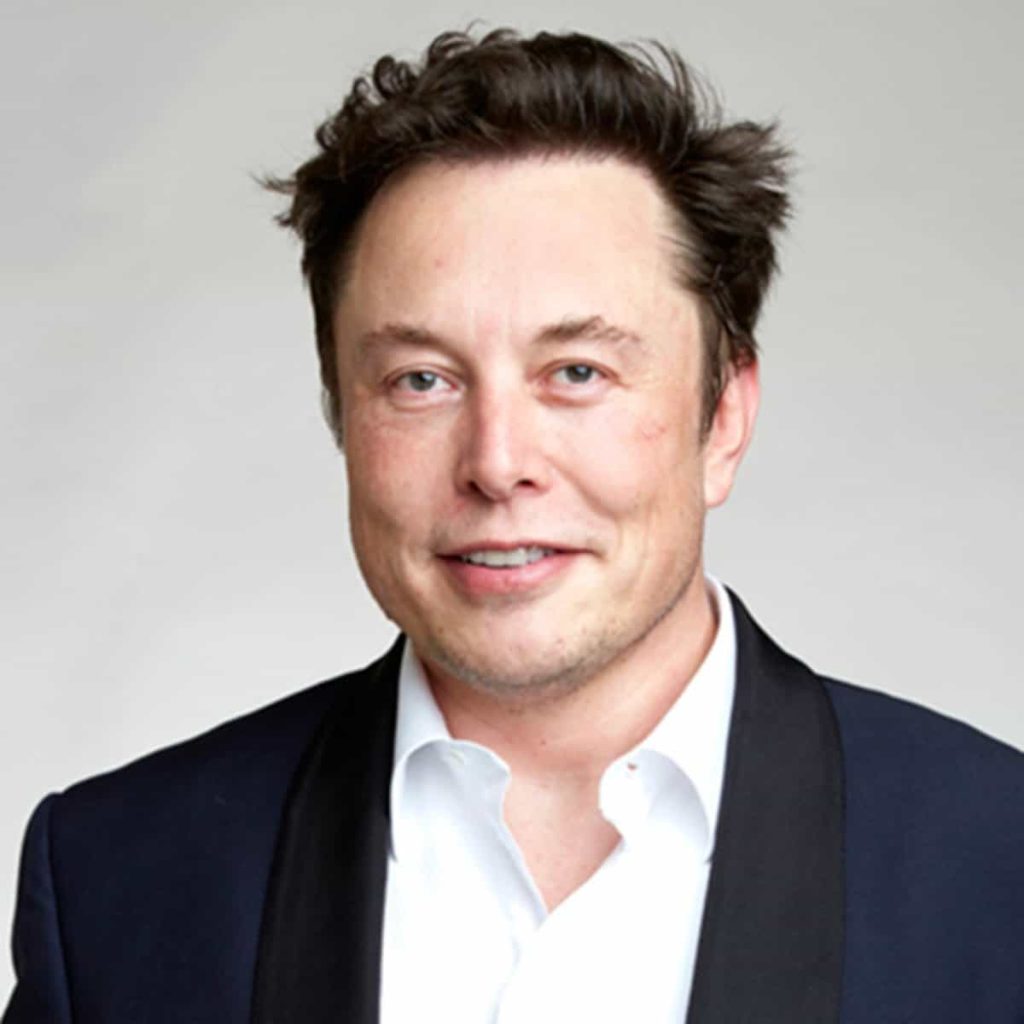On September 10, 2025, the global wealth rankings witnessed a dramatic twist when Elon Musk briefly lost his position as the world’s richest person, only to regain it within hours. Larry Ellison, the founder of Oracle, overtook Musk in the Bloomberg Billionaires Index after a record-breaking surge in Oracle’s stock.

The rally followed Oracle’s release of a stunning earnings report, which showed that its heavy investments in artificial intelligence infrastructure were beginning to deliver massive returns. Investors rushed in, sending Oracle’s stock soaring and adding nearly $101 billion to Ellison’s fortune in a single day. His net worth reached around $393 billion, temporarily placing him ahead of Elon Musk, whose fortune stood at about $385 billion at the time.
The victory, however, proved short-lived. By the afternoon, Oracle’s stock cooled down after the morning’s sharp rally. Ellison’s wealth slipped back to around $378 billion, while Elon Musk’s fortune stabilized at roughly $384 billion, putting him back on top as the world’s richest person. The quick reversal highlighted just how volatile the fortunes of the ultra-wealthy can be, rising and falling with the daily movements of stock markets.
Different wealth trackers painted the picture differently. Bloomberg captured Ellison’s brief time at the top before Musk reclaimed the spot, while Forbes continued to rank Musk as the richest overall, placing greater weight on the valuation of his private companies like SpaceX, which significantly boosts his net worth compared to Ellison.
The episode underscored three key realities of global wealth. Extreme riches are highly volatile and can change in the space of a single trading day. The title of “world’s richest person” is never permanent but constantly shifting. And finally, the explosive growth of AI-driven businesses is reshaping global economics at breakneck speed, as shown by Oracle’s surge that momentarily rewrote the story of the world’s billionaires.
